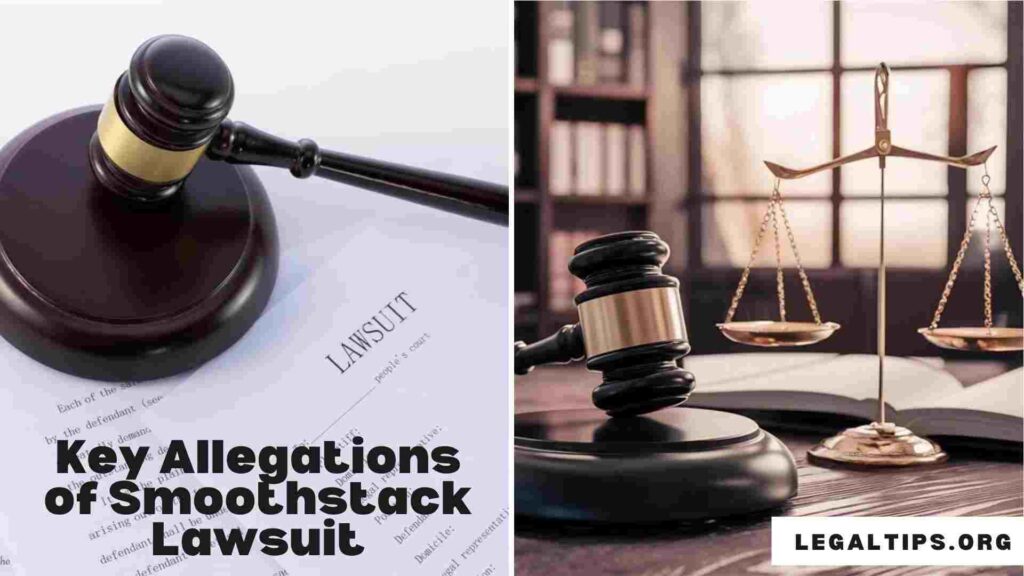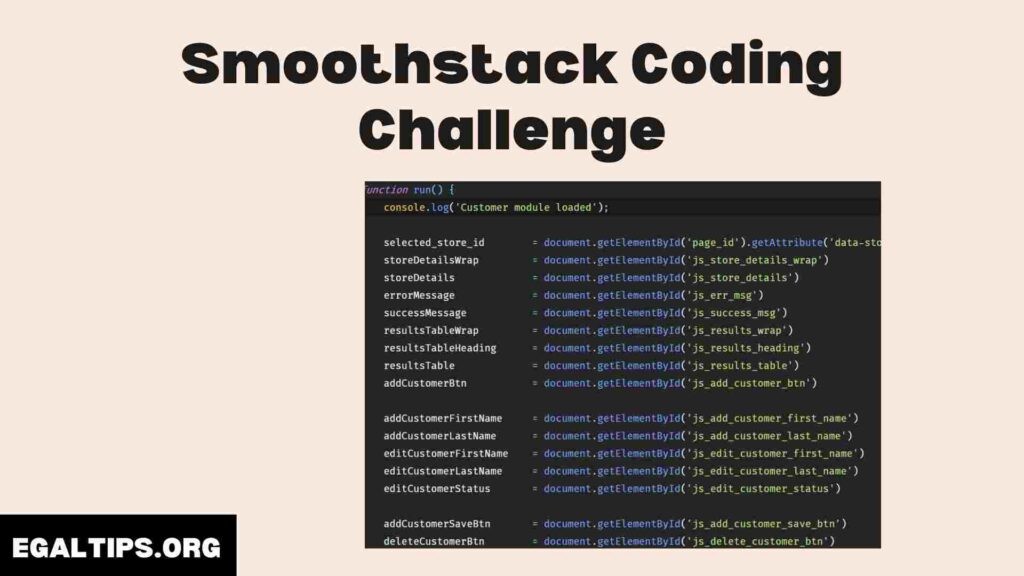Smoothstack has recently been in the news due to a lawsuit accusing the company of labor law violations. This legal challenge is bringing attention to the company’s practices, raising questions about the legitimacy of training programs. So, what’s the real story behind Smoothstack lawsuit?
The Department of Labor’s lawsuit against Smoothstack highlights the complex and often contentious nature of agreements in the tech training industry. The lawsuit centers around allegations made by a former employee or employee group.
Contents
What is Smoothstack?
Smoothstack is a company that hires recent graduates and places them in technology roles. They promise training and placement in well-paying jobs. The conditions of their employment agreements are under scrutiny.
What is Smoothstack Lawsuit About?
The Department of Labor has filed a lawsuit against Smoothstack, a company known for its tech training and employment programs. The lawsuit alleges that Smoothstack has engaged in practices that unfairly trap borrowers in restrictive agreements that create significant financial and emotional burdens.
These agreements reportedly include harsh financial penalties for participants who leave the program, effectively binding them to the company. One difficult requirement is to complete 4,000 billable hours for Smoothstack clients.
Smoothstack will penalize you with a $23,875 fine if you quit or the company fires you before reaching 4,000 hours.
What Are the Key Allegations of Smoothstack Lawsuit?
The primary allegation is that Smoothstack imposes significant debt on their employees through training fees and other charges. These debts are designed to be difficult to repay, effectively trapping employees in their jobs.

One of the main allegations involves Smoothstack failing to provide job placements or comply with employment contracts. Many plaintiffs claim this has led to financial and career setbacks.
Smoothstack TRAP:
- Requirement: Complete 4,000 billable hours for Smoothstack clients.
- Penalty: If you quit or are fired before reaching 4,000 hours, you’ll owe Smoothstack $23,875.
Complaints From Employees
The lawsuit raises several significant issues.
- Firstly, it asserts that Smoothstack’s TRAPs are invalid and illegal.
- Additionally, it claims that Smoothstack is not complying with minimum wage and overtime laws.
- Lastly, the lawsuit argues that the penalties stipulated in the TRAPs constitute illegal “kickbacks.”
Companie’s Response to the Allegations
The Department of Labor contends that these practices violate labor laws designed to protect workers from exploitation.
Smoothstack has denied the allegations and argues, “its agreements are fair and transparent”.
One spokesperson said, “It’s our right to penalize the employees who leave the program before completing the 4,000 hours contract. We are investing our resources to train the employees and if they leave the program then that’s a loss.“
Many praise the company’s training and job placement services, while others criticize the lawsuit.
The employee review provides insight into the work environment. These reviews are mixed, with some employees expressing satisfaction and others citing issues related to the lawsuit.
Is Smoothstack Company Legit?
Despite the lawsuit, many still view Smoothstack as a legitimate company with a track record of successful job placements and effective training programs. It’s important to consider both the legal issues and the company’s overall performance.
The current legal issues highlight areas in which Smoothstack needs to improve its business practices. The practices of Smoothstack align well with many aspects of tech training programs. The lawsuit has raised questions about how they handle certain aspects of their operations.
Is Smoothstack Coding Challenge A Scam?
The coding challenge is designed to assess the skills of potential candidates and provide them with real-world coding problems. It is a central component of Smoothstack’s training programs.

There have been complaints about the fairness, transparency, and difficulty of the coding challenge. Some participants have reported issues with the challenge’s structure and assessment. The coding challenge participants have shared their experiences, providing feedback on its effectiveness.
Wrapping Up
The Smoothstack lawsuit has brought significant attention to the company’s practices and highlighted areas for improvement. It raises important concerns about the use of Training Repayment Agreement Provisions (TRAPs) and other labor practices.
They should not be bound by unfair contracts or forced into disadvantageous agreements. The progress of this case deserves constant attention.

